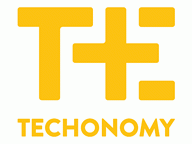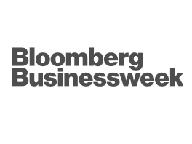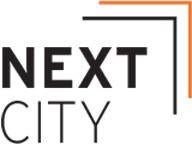Faculty News
—
Prof. Aswath Damodaran on Uber's value
—

Excerpt from Quartz -- "There’s no question Uber, which connects private drivers with people looking for rides, is a fast-growing concern that serves a real need in the market. But Aswath Damodaran, a New York University professor who makes a habit of publicly analyzing start-up values, says that the number is likely wishful thinking and a more accurate valuation is probably closer to $6 billion."
Faculty News
—

Excerpt from Quartz -- "There’s no question Uber, which connects private drivers with people looking for rides, is a fast-growing concern that serves a real need in the market. But Aswath Damodaran, a New York University professor who makes a habit of publicly analyzing start-up values, says that the number is likely wishful thinking and a more accurate valuation is probably closer to $6 billion."



















